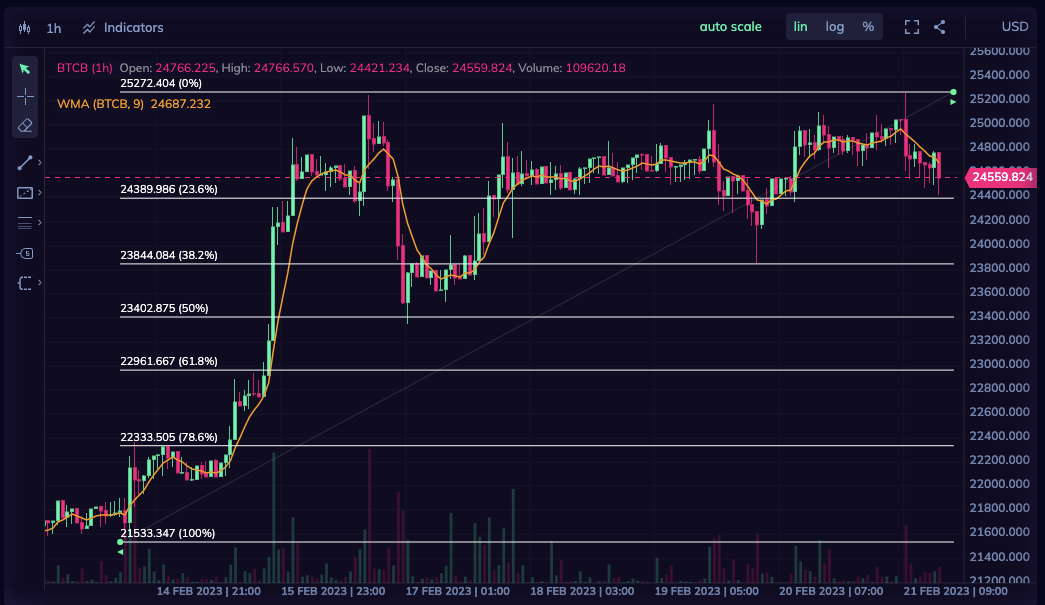The Fear of Missing Out (FOMO)
FOMO refers to the distressing feeling that arises when we think we are missing out on valuable experiences, opportunities, or social interactions.

Introduction
In today's hyper-connected world, the Fear of Missing Out (FOMO) has become a pervasive social and psychological phenomenon. FOMO describes the anxiety or unease experienced when one believes that others are enjoying rewarding experiences or opportunities that they are not part of. This article will delve into the definition of FOMO, its causes, effects, and how to cope with it in our daily lives.
Defining FOMO
FOMO is an acronym for "Fear of Missing Out," a term first coined by Dr. Dan Herman in 1996 and popularized by Patrick J. McGinnis in 2004. It refers to the distressing feeling that arises when we think we are missing out on valuable experiences, opportunities, or social interactions. FOMO can manifest in various aspects of life, including professional achievements, personal relationships, and social events.
Causes of FOMO
- Social media: One of the primary drivers of FOMO is the constant exposure to other people's lives through social media platforms. Users are bombarded with images and updates showcasing the best moments of their friends and acquaintances, leading to feelings of envy and the impression that they are missing out on these experiences.
- Digital connectedness: The omnipresence of smartphones and the Internet has made it easier than ever to stay connected to the world. This constant connectedness can create an overwhelming sense of urgency to be part of every event, conversation, or trend.
- Peer pressure and social comparison: FOMO can be exacerbated by the desire to keep up with or outdo one's peers. Comparing ourselves to others can lead to feelings of inadequacy and the fear that we are missing out on crucial experiences or opportunities.
Effects of FOMO
- Anxiety and stress: FOMO can create a constant state of unease, leading to increased anxiety and stress levels.
- Reduced life satisfaction: Continually comparing oneself to others can lead to dissatisfaction with one's life, negatively impacting self-esteem and overall happiness.
- Impaired decision-making: FOMO can lead to impulsive decisions based on the fear of missing out, rather than rational evaluation of available options.
- Decreased productivity: FOMO can contribute to procrastination and distraction, reducing productivity at work or in personal pursuits.
Coping with FOMO
- Limit social media exposure: Reducing time spent on social media platforms can help minimize exposure to curated highlights of other people's lives, alleviating feelings of FOMO.
- Practice mindfulness and gratitude: Focusing on the present moment and cultivating gratitude for the positive aspects of one's life can help counteract feelings of envy and dissatisfaction.
- Set realistic goals and priorities: Establishing personal goals and priorities can help individuals stay focused on their unique paths, reducing the tendency to compare themselves to others.
- Foster meaningful connections: Building genuine, supportive relationships can help alleviate FOMO by creating a sense of belonging and validation.
The Fear of Missing Out is a widespread phenomenon in today's interconnected world, driven by social media, digital connectedness, and social comparison. Understanding the causes and effects of FOMO can help individuals take proactive steps to manage these feelings and improve their overall well-being. By limiting social media exposure, practicing mindfulness, setting personal goals, and fostering meaningful connections, it is possible to overcome FOMO and lead a more fulfilling life.
FOMO in the Crypto Market
FOMO, or the Fear of Missing Out, is a prevalent psychological phenomenon that affects various aspects of life, including investment decisions in the cryptocurrency market. In the context of the crypto market, FOMO refers to the anxiety experienced by investors when they believe they are missing out on significant financial gains or opportunities that others are capitalizing on. This article will explore FOMO in the crypto market, its causes, effects, and strategies for managing it.
Causes of FOMO in the Crypto Market
- Rapid price movements: The cryptocurrency market is known for its high volatility, with prices experiencing dramatic fluctuations within short periods. This rapid price movement can create a sense of urgency among investors to buy or sell before missing out on potential profits.
- Social media and news hype: The constant exposure to news stories and social media posts about the latest "crypto success stories" can fuel FOMO, as investors fear missing out on the next big opportunity.
- Peer pressure: Observing friends or acquaintances profiting from cryptocurrency investments can lead to a fear of missing out on similar gains and the desire to keep up with or outdo one's peers.
Effects of FOMO in the Crypto Market
- Impulsive decision-making: FOMO-driven investments are often based on emotions rather than rational analysis, leading to impulsive decisions that may not align with an investor's long-term goals or risk tolerance.
- Increased risk exposure: The fear of missing out can push investors to take on higher risk levels than they would under normal circumstances, potentially resulting in significant financial losses.
- Market volatility: FOMO can contribute to increased market volatility, as investors rush to buy or sell assets in response to perceived opportunities, exacerbating price fluctuations.
Managing FOMO in the Crypto Market
- Develop a clear investment strategy: Establishing a well-defined investment strategy, including objectives, time horizons, and risk tolerance, can help investors make more informed decisions and resist the urge to act impulsively based on FOMO.
- Conduct thorough research: Before investing in any cryptocurrency or related project, it is crucial to conduct in-depth research and analysis to understand the fundamentals, risks, and potential rewards.
- Maintain a long-term perspective: Adopting a long-term investment approach can help mitigate the impact of short-term market fluctuations and minimize the influence of FOMO on investment decisions.
- Limit exposure to hype: Reducing time spent on social media and being selective about the news sources one follows can help minimize exposure to the hype that often fuels FOMO in the crypto market.
Conclusion
FOMO in the crypto market can lead to impulsive decision-making, increased risk exposure, and market volatility. By understanding the causes and effects of FOMO, investors can adopt strategies to manage it, such as developing a clear investment strategy, conducting thorough research, maintaining a long-term perspective, and limiting exposure to hype. These steps can help investors make more informed decisions and minimize the negative impact of FOMO on their investment outcomes.




